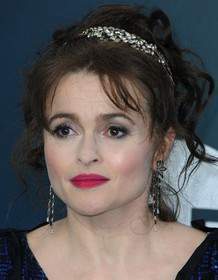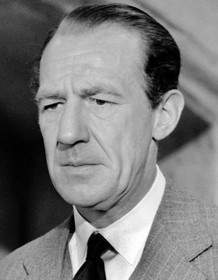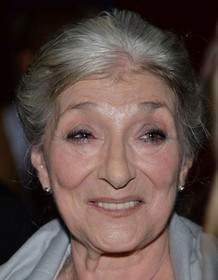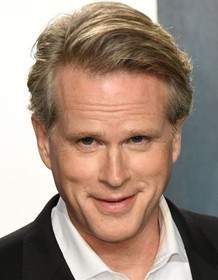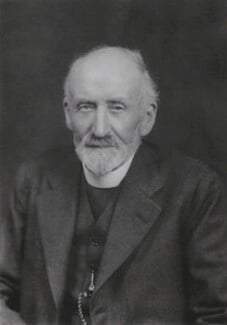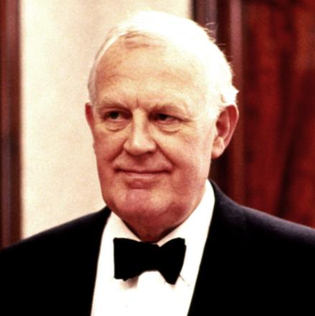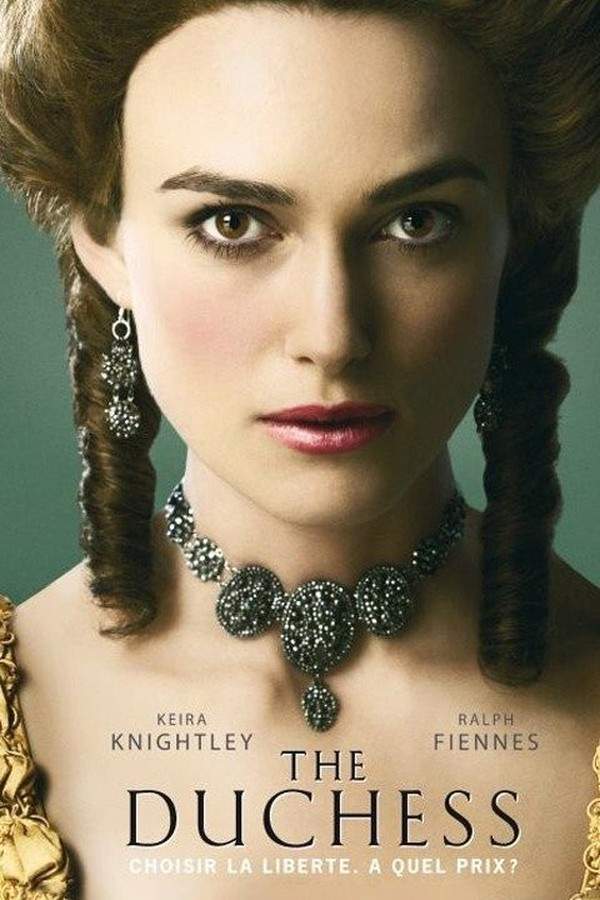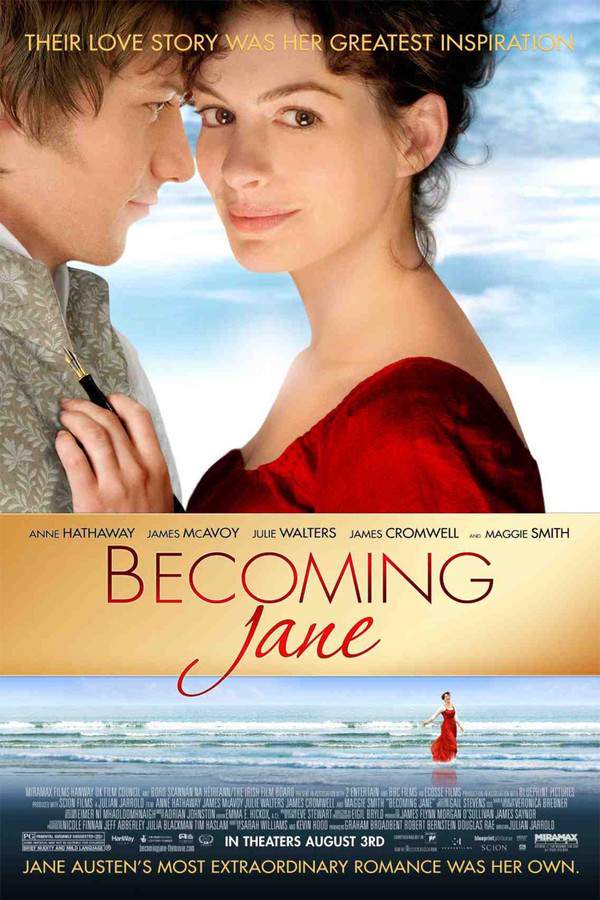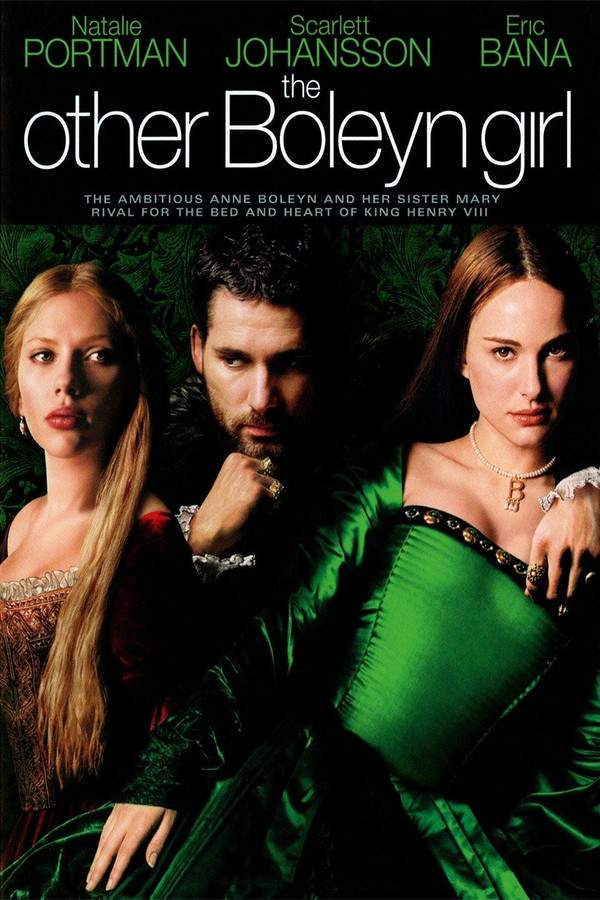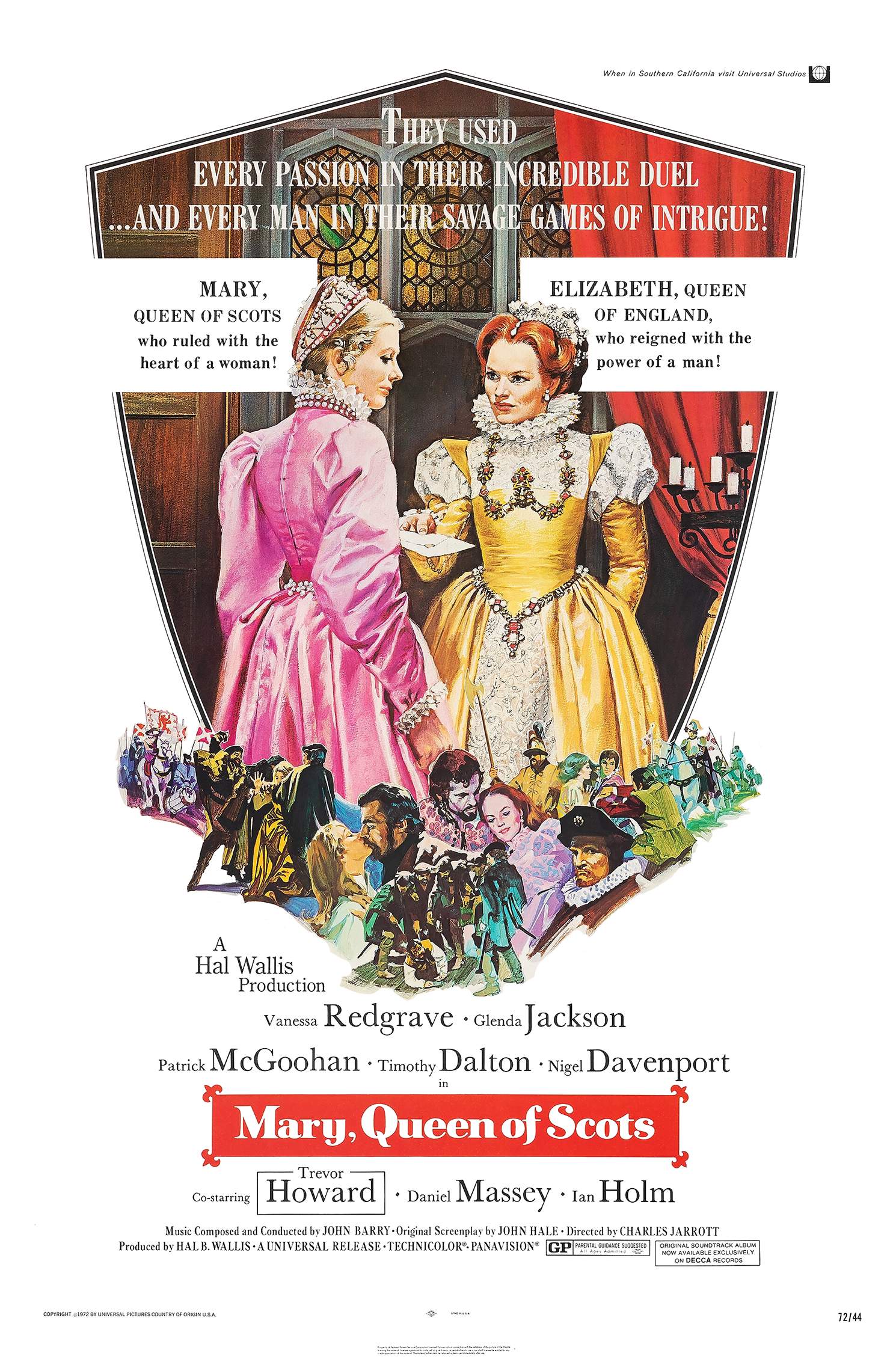Lady Jane 1986
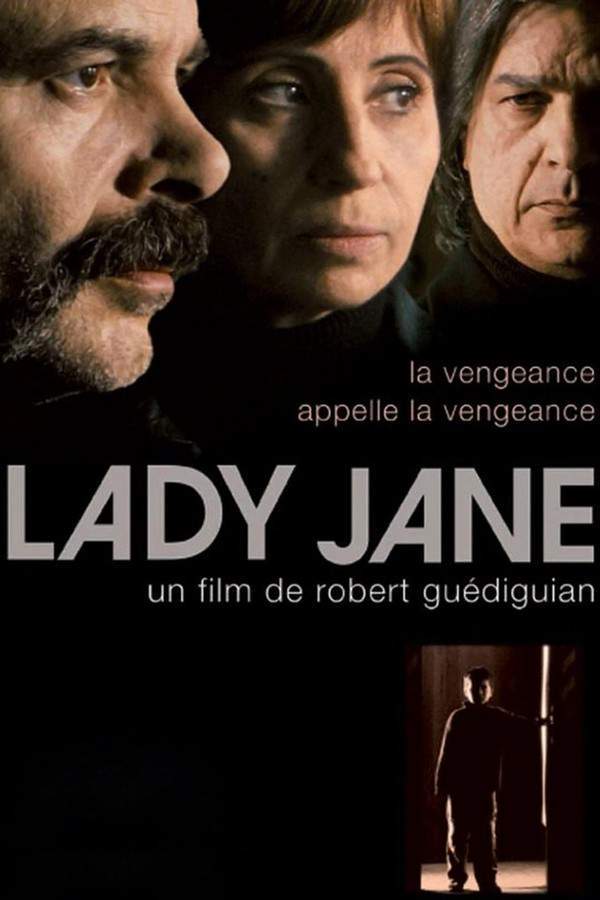
During a period of intense political turmoil in Tudor England, Lady Jane Grey finds herself unexpectedly married to Guilford Dudley. Their union, initially a strategic alliance, develops into a genuine affection as they navigate the dangerous world of the royal court. However, their happiness is threatened by the ambitious schemes of John Dudley, Guilford's father, who seeks to consolidate power. As the struggle for the throne intensifies, Jane and Guilford’s lives become tragically intertwined with the Duke’s manipulations, leading to a dramatic and devastating fall.
Does Lady Jane have end credit scenes?
No!
Lady Jane does not have end credit scenes. You can leave when the credits roll.
Meet the Full Cast and Actors of Lady Jane
Explore the complete cast of Lady Jane, including both lead and supporting actors. Learn who plays each character, discover their past roles and achievements, and find out what makes this ensemble cast stand out in the world of film and television.
External Links and Streaming Options
Discover where to watch Lady Jane online, including streaming platforms, rental options, and official sources. Compare reviews, ratings, and in-depth movie information across sites like IMDb, TMDb, Wikipedia or Rotten Tomatoes.
Ratings and Reviews for Lady Jane
See how Lady Jane is rated across major platforms like IMDb, Metacritic, and TMDb. Compare audience scores and critic reviews to understand where Lady Jane stands among top-rated movies in its genre.

64
Metascore
tbd
User Score

7.1 /10
IMDb Rating

69
%
User Score
Take the Ultimate Lady Jane Movie Quiz
Challenge your knowledge of Lady Jane with this fun and interactive movie quiz. Test yourself on key plot points, iconic characters, hidden details, and memorable moments to see how well you really know the film.
Lady Jane Quiz: Test your knowledge about the historical drama 'Lady Jane' and its captivating characters and events.
Who is the main character vying for the throne in 'Lady Jane'?
Jane Grey
Mary Tudor
Elizabeth I
Frances Brandon
Show hint
Full Plot Summary and Ending Explained for Lady Jane
Read the complete plot summary of Lady Jane, including all major events, twists, and the full ending explained in detail. Explore key characters, themes, hidden meanings, and everything you need to understand the story from beginning to end.
Somerset faces a devastating defeat in his struggle for power against Northumberland, leading to his execution. With Edward VI still a minor and unmarried, Northumberland, who wields control over the realm, recognizes the importance of the succession. He approaches his ally, Suffolk, pushing for Suffolk’s wife, Frances Brandon—granddaughter of Henry VII—and her daughter, Jane Grey, to usurp the line of succession from Henry VIII’s daughters. As Jane’s impressive scholarship shines during a spirited debate with a classical scholar priest, Edward is quick to point out, “her learning is an example to us all.”
Foreseeing Edward’s imminent death, Northumberland devises a plot to sideline Mary and Elizabeth from the throne. He aims to persuade Edward to alter the succession line, prioritizing Frances’s claim for Jane. To solidify their control, Suffolk consents to Jane marrying Guilford Dudley, Northumberland’s son—a notion Jane abhors, worrying about Edward’s opinion. However, after receiving her mother’s reprimands, she feels pressured to acquiesce. Northumberland convinces Edward that their union is crucial for the Reformation. With reluctance, Jane yields to Edward’s plea to marry Guilford “for me.”
As Edward’s condition deteriorates, Northumberland goes so far as to request arsenic from the doctor to prolong Edward’s life just long enough for him to secure the revised succession document. Guilford, unaware of the political machinations, is found celebrating in a pub and learns he is to wed Jane. When they finally meet, Jane firmly states that her main concerns are study and prayer, leading Guilford—a man inclined towards indulgence—to express his disinterest in such piety. Their wedding night is a comical farce as Guilford falls asleep almost instantly after Jane enters.
On their travels, Guilford and Jane encounter commoners angry over injustices inflicted upon them, as one exclaims, “give us back our land.” This moment leaves Jane perplexed, but Guilford explains the harsh realities of land confiscation and the impact of enclosures. Jane begins to realize her devotion may not be enough to tackle these societal issues.
Northumberland attends to Edward in his final moments, seeking his approval to amend the succession line, twisting Edward’s affection for Mary into a political argument. Edward, feeling the weight of duty, is ultimately coaxed into signing the document. Back home, a playful conversation ensues between Jane and Guilford, who shatter wine glasses in a game, revealing Jane’s emerging hope for a brighter England. No longer merely a demure student, she starts to imagine herself as a queen capable of enacting societal reform, blissfully unaware of the reality awaiting her.
Yet, Northumberland’s machinations are precarious. Despite his efforts, he cannot detain Mary or Elizabeth. Following Edward’s death, he insists on proclaiming Jane as queen, but she vehemently protests, exclaiming, “no, it is not mine!” Upon learning of Guilford’s intended role as king, she questions his involvement in the conspiracy but eventually acquiesces to accept the crown. While the announcement stirs confusion rather than celebration, a letter reveals that Mary has declared herself queen.
As Northumberland assembles an army, Jane intervenes, demanding commitments for social reforms and refusing to endorse any military action thrust upon her. Despite Northumberland’s initial successes in detaining Mary’s supporters, Jane insists on their release, only to learn that the tide is turning against them. When Suffolk enters, delivering grim news of Northumberland’s betrayal and Mary’s rise, Jane’s response is surprisingly stoic: “What a relief. Father, can we go home?”
Tragically, Jane and Guilford are swiftly imprisoned in the Tower. With Mary reclaiming her throne, she enacts mercy for those who opposed the Reformation, yet she wrestles with the implications of Jane’s looming execution on her own desires. As rebellion stirs, Jane discovers that her father is implicated, leading to a swift condemnation for both herself and Guilford, sentenced to death.
In her final moments, Jane learns of Guilford’s execution and faces her own fate at the scaffold on Tower Green. Despite the sorrow it brings, Queen Mary looks away, uttering, “I am going to meet my husband.” A priest, reflecting on Jane’s life, quotes Plato in the film’s poignant conclusion: “The soul takes flight to the world that is invisible but there arriving she is sure of bliss and forever dwells in paradise.”
Uncover the Details: Timeline, Characters, Themes, and Beyond!

Coming soon on iOS and Android
The Plot Explained Mobile App
From blockbusters to hidden gems — dive into movie stories anytime, anywhere. Save your favorites, discover plots faster, and never miss a twist again.
Sign up to be the first to know when we launch. Your email stays private — always.
Watch Trailers, Clips & Behind-the-Scenes for Lady Jane
Watch official trailers, exclusive clips, cast interviews, and behind-the-scenes footage from Lady Jane. Dive deeper into the making of the film, its standout moments, and key production insights.
Lady Jane Themes and Keywords
Discover the central themes, ideas, and keywords that define the movie’s story, tone, and message. Analyze the film’s deeper meanings, genre influences, and recurring concepts.

Unlock the World of Movies with Our Comprehensive Wiki
Dive into our Movie Wiki for in-depth film encyclopedia entries, including cast biographies, production trivia, plot synopses, behind-the-scenes facts, and thematic analyses. Whether you’re researching iconic directors, exploring genre histories, or discovering hidden easter eggs, our expertly curated movie database has everything you need to fuel your cinematic passion.

Similar Movies To Lady Jane You Should Know About
Browse a curated list of movies similar in genre, tone, characters, or story structure. Discover new titles like the one you're watching, perfect for fans of related plots, vibes, or cinematic styles.
Quick Links: Summary, Cast, Ratings, More

What's After the Movie?
Not sure whether to stay after the credits? Find out!
Explore Our Movie Platform
New Movie Releases (2025)
Famous Movie Actors
Top Film Production Studios
Movie Plot Summaries & Endings
Major Movie Awards & Winners
Best Concert Films & Music Documentaries
Movie Collections and Curated Lists
© 2025 What's After the Movie. All rights reserved.





